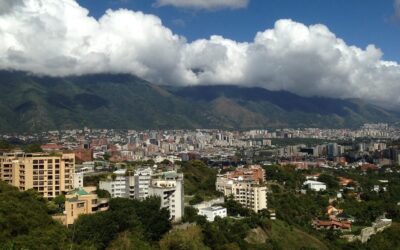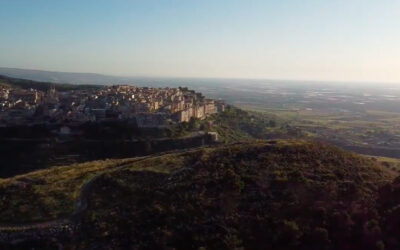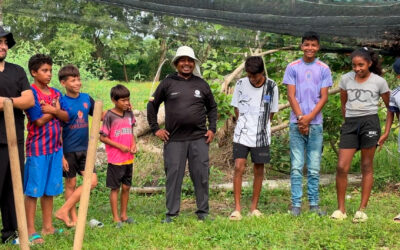At times the closest relationships turn out to be the most difficult ones. Such was the experience of Miso Kuleif and her father. “I have always had a difficult relationship with my father. Neither I nor the rest of the family have ever managed to get along well with him, and because of this we suffered a lot. Yet, there was a precise moment in my life when I discovered that my father really loves me and that I love him too”. Miso Kuleif, a 24 year old young girl, introduced her experience with these words. She was born in Jordan, but has been living in Italy with her family for more than twenty years. Miso’s father suffered from health problems for quite a long time, but the situation was at its worst about three years ago when he ugently needed liver transplant surgery. He chose to have the operation done in Jordan, as there, unlike Italy, the donor can be alive. “The problem was to find a donor”, Miso continued, “and therefore to find someone willing to undergo compatibility checks. When I got to know this, it did not take much to decide. I left with my father to undergo the necessary tests”. “From where did I get this strength? I have been living the spirituality of unity for some years and this helped” – she explained. “I met the Focolari in my hometown through the Diocesan Movement that promotes the spirituality of unity in many dioceses and parishes. During our meetings, we have often spoken about loving others as the Gospel teaches and about being ready to give our life to others. Now I couldn’t back out. If we have the chance to save a life, we cannot refrain from doing it”. Miso left Italy; she interrupted her university studies without knowing when she would be back. Her experience in Jordan was quite tough. “I was there alone, surrounded by a family to whom I did not seem to belong. If I had to undergo surgery, I could not have the comfort of the ones I wanted to be near”. But she moved on. Tests proved that Miso’s organ was not compatible with her father’s. After a short while a donor was found; it was her father’s brother, the only one who accepted to do the necessary checks. “It took me quite a while to metabolize this experience. Thanks also to members of the Movement who were quite close to me, I realized that I love my father, even though it is difficult for me to admit it. It is easier to hate someone, but it is much more harmful. The real problem was not the situation itself, but the way I dealt with it. I learned that we can always be happy, and this depends on us. The Gospel says: “Freely you have received, freely give”. Now I know how important these words are. If my life were different, maybe it would have been simpler, but I would not be the one I am today”.
Communicate Joy!
Communicate Joy!




0 Comments